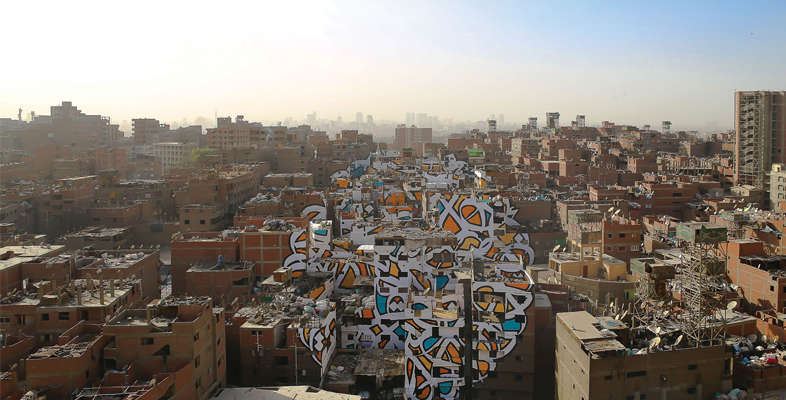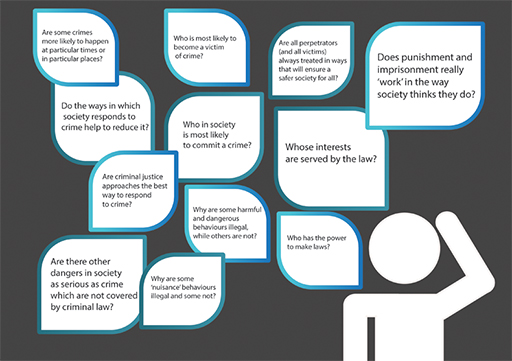3.1 What kinds of questions do criminologists seek to answer?
Whatever your background or circumstances, a useful starting point for beginning to think like a criminologist is to consider how and when a harmful action is defined as a ‘crime’ by society, or in criminal law, and when it is not. This is perhaps more complicated than it first appears because, as previous sections of this course have outlined, even though some wrong-doing is illegal, other harmful or dangerous acts are not (Hillyard et al., 2004).
As you begin to delve further into the study of criminology, it will become clearer that what a society defines as ‘crime’ always needs careful scrutiny and questioning. What the criminal law narrowly focuses on does not always cover the most dangerous harms in society, and some actions deemed to be criminal change over time and place. Likewise, the way the criminal justice system operates is also an area that some criminologists study and scrutinise. Some of the broad questions criminologists or those studying criminology might ask are shown in Figure 6.
Whilst these are some of the questions that criminologists start from, the work that criminologists actually do on a day-to-day basis can vary a lot. The next section explores a few examples of the kinds of work some criminologists undertake.

